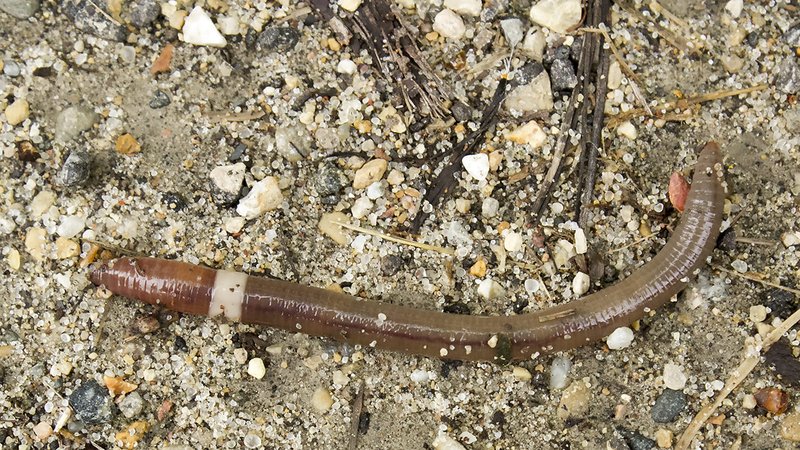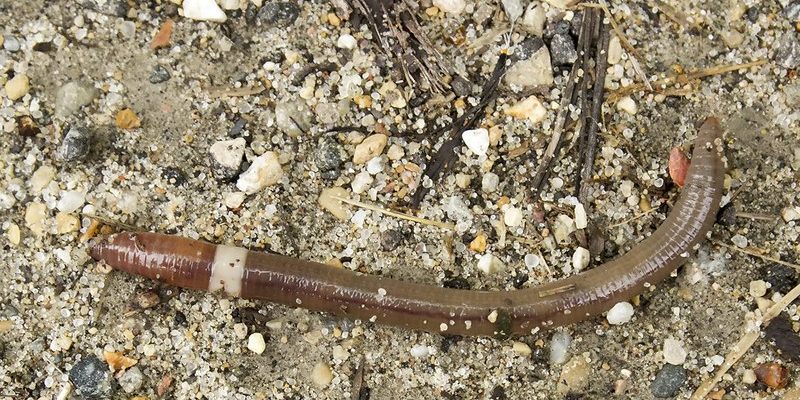
Earthworms are fascinating little beings that aerate our soil and help break down organic matter. While they might look like simple, slimy things slithering through mud, there’s a lot happening beneath the surface—pun intended! So, let’s dig into whether these squirmy critters actually sleep, rest, or do a mix of both.
What Does It Mean to Sleep or Rest?
Before we dive into the world of earthworms, let’s clarify what we mean by *sleep* and *rest*. In humans, sleep involves a range of physiological changes—it’s when our bodies shut down for recovery, healing, and memory consolidation. Rest, on the other hand, can be more casual. Think of it as a time to recharge without going into a deep sleep.
For earthworms, the definitions might be a bit different. While they don’t have the same brain structure as humans, they do have periods of inactivity and reduced responsiveness to external stimuli. So, when we’re asking, “Do earthworms sleep or rest?” we’re trying to figure out how they handle their downtime and what that means for their health.
Do Earthworms Have a Sleep Cycle?
You might be wondering if earthworms even have sleep cycles like us. Well, not quite. Earthworms don’t have eyelids to close or a set cycle of REM sleep. However, they do experience states of *quiescence*, which is a fancy word for periods when they become less active. This can happen during the day when it’s bright or when the soil conditions aren’t favorable.
During these quieter moments, earthworms retreat deeper into the soil. This behavior is similar to how some animals, like squirrels, might hibernate or find shelter during harsh conditions. By going underground, they’re protecting themselves from predators and extreme weather. So, while they may not be sleeping in the same way we do, they certainly find ways to take breaks!
The Physical State of Earthworms
Earthworms have a unique biology that allows them to function well in their underground homes. Their bodies are made mostly of muscle and are designed to absorb moisture and nutrients from the soil. When they’re at rest, they often become less responsive to stimuli, which might resemble how we feel when we’re about to drift off to sleep.
Interestingly, earthworms have a **nerve net** instead of a centralized brain. This means their “sleep” state is more about a reduction in activity than entering a deep sleep. During these periods, they might curl up or go motionless for a bit, which could be their way of resting and conserving energy.
Why Is Rest Important for Earthworms?
Just like us, earthworms need their downtime. Rest helps them recover energy and maintain their health. Being active too often can drain their energy reserves and make them more vulnerable to diseases.
When earthworms go into a state of rest or quiescence, it gives them a chance to manage their resources better. Think of it like charging your phone. If you keep using it without letting it recharge, eventually, it’ll die. Earthworms operate similarly: they need to rest to keep their bodies functioning well.
How Earthworms Interact with Their Environment
Earthworms are nature’s little recyclers. They play a crucial role in the ecosystem by breaking down organic matter and aerating the soil. But how does resting fit into this picture? When they’re inactive, they’re not just sitting there; they’re still engaging with their environment in subtle ways.
When earthworms are at rest, they often help improve soil structure. Their movements create tunnels, allowing air and water to flow through more effectively. Plus, their waste products, known as **casts**, are nutrient-rich and enhance soil fertility. So, their rest time is actually beneficial for the environment!
Common Misconceptions About Earthworm Behavior
You might have heard that earthworms are always busy or active when, in reality, they do take naps—just not in a way we’d recognize. A common myth is that earthworms can survive being cut in half. While they can regenerate lost segments, only specific parts of their anatomy can regenerate, meaning they can’t simply multiply by just cutting them up.
Another misconception is that they don’t have any form of communication. Earthworms may not chat like humans, but they do use chemical signals to interact—telling each other about food or danger in their environment. So next time you see one, remember, there’s more going on than just wiggling!
The Importance of Earthworms to Ecosystems
Now that we’ve explored their sleep-like behavior, let’s highlight why understanding earthworms is crucial. Earthworms contribute to soil health, which is vital for agriculture and plant life. By resting and managing energy, they ensure they can keep doing their important work.
Farmers and gardeners often rely on healthy earthworm populations to produce rich, fertile soil. If we think of earthworms as nature’s miniature gardeners, their role becomes even clearer. By resting and then actively feeding on organic matter, they create the perfect conditions for plants to thrive.
So, do earthworms sleep or rest? The answer is a bit of both! While they don’t have sleep cycles like we do, they do experience periods of inactivity that serve a vital purpose. These little creatures are more complex than they appear at first glance. They contribute significantly to the health of our ecosystems, and their need for rest is just one piece of the puzzle.
Next time you dig in the garden or spot an earthworm, remember their little quirks and how they’re hard at work, even when they’re resting. The world of earthworms is a simple reminder that every creature, no matter how small, has a role in the grand scheme of life.

